From: Save the Tigris Foundation 20 June 2024
To: UNESCO World Heritage Centre, CC: IUCN
We write as a coalition of civil society organisations from nine countries concerned with the protection of the Ahwar of Southern Iraq. For over a decade, our network has been monitoring the status of the Iraqi Marshes. We would like to express our concerns to the World Heritage Centre over the State Party of Iraq’s response to Decision 45COM7B.31 of the World Heritage Committee.
The Ahwar of Iraq are recognized as UNESCO World Heritage Sites for their extraordinary ecological and cultural significance. However, the natural sites of the property remain under severe threat from environmental degradation, oil exploitation, and mismanagement of water resources. The State Party of Iraq recently released its 2024 State of Conservation Report. Hereby, Save the Tigris examines the State Party of Iraq’s response to the World Heritage Committee’s Decision 45 COM 7B.31. of 2023, drawing from testimonies of local residents, environmental activists, and governmental sources. Our comments are specifically on Al-Hawizeh Marshes, which forms the natural property of the Iraqi Marshes together with Hammar and Central Marshes and straddles along the Iran–Iraq border. The Hawizeh Marshes are critical to the survival of the marshlands.
Oil Exploitation
The Hawizeh Marshes face substantial threats from potential oil spills as a result of nearby oil exploitation. According to environmental activists, oil drilling activities are alarmingly close, with the Halfaya oil field just ten kilometres away from the property and some drilling towers less than a kilometre from Hawizeh Marshes. In addition to the continuous gas flaring – the burning of gas released while drilling for oil – in the areas adjacent to the Ahwar natural property, oil extraction operations which resulted in frequent oil spills have caused extensive environmental damage and severe health issues among local populations, including increased rates of cancer and respiratory diseases. Furthermore, oil spills in areas adjacent to the Marshes around the Marshes some areas have polluted resting places for the migratory birds and water buffalos, where they graze besides the Marsh area. This occurred in Al-Jaka Marshes, north of the property. Acid and polluted rain from oil exploitation adjacent to the property has affected biodiversity in the Marshes. Despite the commitment of the State Party of Iraq to ensure that oil activities outside the property do not cause harm to the property and do not encroach on the Ahwar boundaries, the natural component remains vulnerable to oil developments. A critical issue amplifying this environmental threat is the lack of comprehensive Environmental Impact Assessments (EIAs) for new oil projects. The current assessments that have been conducted on behalf of the Iraqi government claimed to have conducted have not been made public. As a result, the process of the EIA is seen by many environmental experts in Iraq as only a formality. The situation in the Hawizeh Marshes exemplify this shortcoming, highlighting the urgent need for more rigorous and transparent environmental impact assessments to mitigate the environmental impacts of oil exploitation. We reiterate the requests of the World Heritage Committee in Decision 45 COM 7B.31. to request an overview of all oil developments within or in the vicinity of the property.
Water Management and Distribution
The Ministry of Water Resources in its State of Conservation report claims to have implemented a fair water distribution plan that includes water quotas for the Marshes. However, testimonies from civil society and local communities suggest otherwise. Most of the Hawizeh Marshes area in Maysan Governorate have completely dried up at various periods of time since 2020, indicating severe water scarcity. The water levels of Hawizeh marshes throughout the past years have been below the required minimum. The remaining water is of bad quality and contains no oxygen, while in some months the area is completely dry. Local communities in the Marshes believe that the Iraqi authorities are deliberately aiming to desiccate some of the marsh areas in order to re-arrange the boundaries and reduce the area of the natural property. This discrepancy between the Ministry’s claims and the actual reality on the ground underscores the need for a re-evaluation of water distribution practices and re-build trust between the inhabitants of the Marshes and the Iraqi authorities. Moreover, Iraq has yet to conduct a basin-wide strategic environmental assessment for all dams on the Tigris and Euphrates rivers as requested by the WHC in Decision 45 COM 7B.31.Such an assessment is crucial to understand the cumulative impacts of these dams on downstream ecosystems, particularly the marshlands. The assessment could commence even without collaboration of other riparian states, despite the State Party requesting assistance from Turkey and Iran. Additionally, despite the inclusion of Ahwar on the World Heritage List in 2016, legislative progress toward granting national protection status to the area has been minimal.
International and Transboundary Cooperation
Under a new Iraq-Turkey agreement, Iraq will reportedly receive an increase in shares of water from the Tigris and Euphrates rivers. Turkey will also assist Iraq in introducing modern irrigation techniques and optimizing water use in agriculture. In exchange, Iraq will allow Turkish incursion into its country to combat PKK. Joint Turkish-Iraqi projects such as dams, canalized rivers, power generation, and pumping stations would be planned on the Tigris-Euphrates rivers as part of the deal. Some details of the agreement have been reported in the press: however, the full agreement has not been made public. It is important for the public to understand how Turkey will fulfil water-sharing agreements as construction of the Silvan Dam (on the Batman River, a tributary of the Tigris) nears completion and Turkey impounds water for the reservoir of 7.3 billion cubic meters and diverts water to irrigate 235,000 hectares.1 Together with the Ilısu Dam (with a reservoir of 10.4 billion m3) and the planned Cizre Dam project (381 million m3 reservoir, 70,000 ha. irrigation), the implementation of the Silvan Dam project could reduce the flow at the border to a trickle and stop it entirely during summertime droughts. Civil society is urging the State Party of Iraq to share more details on the agreement, particularly how much water would reach Iraq annually, and if Iraq would construct further infrastructure on the Tigris-Euphrates rivers which would have an impact on the water flows to the Ahwar natural property. Publication of the agreement is important considering it would be valid for a decade. In addition, no progress has been made on water-sharing between Iran and Iraq. The embankment on the Iraq-Iran border, cutting Hawizeh Marshes effectively in two, remains. Occasional water releases from the Iranian side during periods of heavy rainfall are insufficient, underscoring the need for increased collaboration between the two countries to manage and protect this shared ecosystem. Occasional water releases during periods of heavy rainfall are insufficient, underscoring the need for structured collaboration to manage and protect this shared ecosystem. Transboundary water cooperation must remain a priority here.
To conclude, Save the Tigris would ask the World Heritage Centre to request from the State Party of Iraq to:
- Ensure that oil activities outside the property do not cause harm to the property and do not encroach on the Ahwar boundaries. The State Party of Iraq should publish an overview of all oil develop- ments within and adjacent the Ahwar natural areas;
- Publish the EIAs of oil projects that have a potential impact on the Ahwar;
- In addition to oil extraction, address the issue of gas flaring by oil developments and its impact on the ecosystem of the Ahwar natural property;
- Conduct a basin-wide strategic environmental assessment of the Tigris-Euphrates basin, including the Ahwar;
- Review internal water distribution policies as water needs of some of the natural areas of the Ahwar have not been met in 2023 and 2024;
- Progress on the designation of a national protection status to the Ahwar natural property;
- Publicize the components related to water flows and infrastructure projects in the Tigris-Euphrates basin within the recent Turkey-Iraq agreement.
Sincerely,
Save the Tigris Foundation
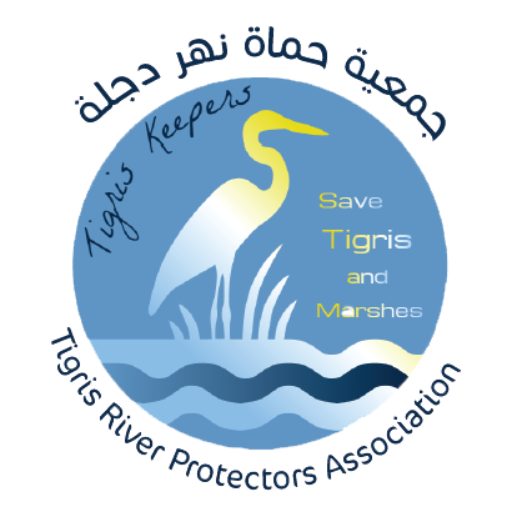
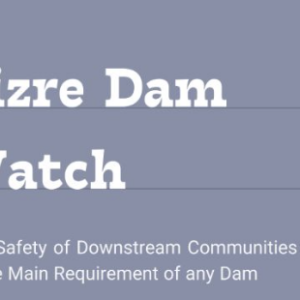
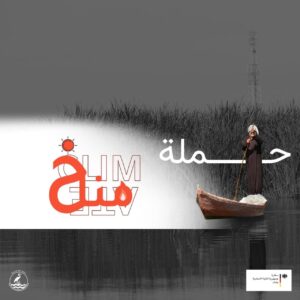
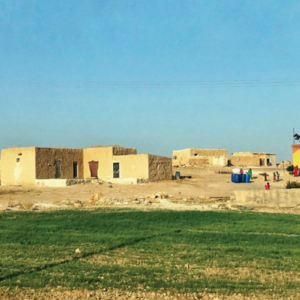
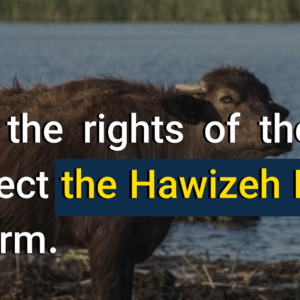
Leave a Reply